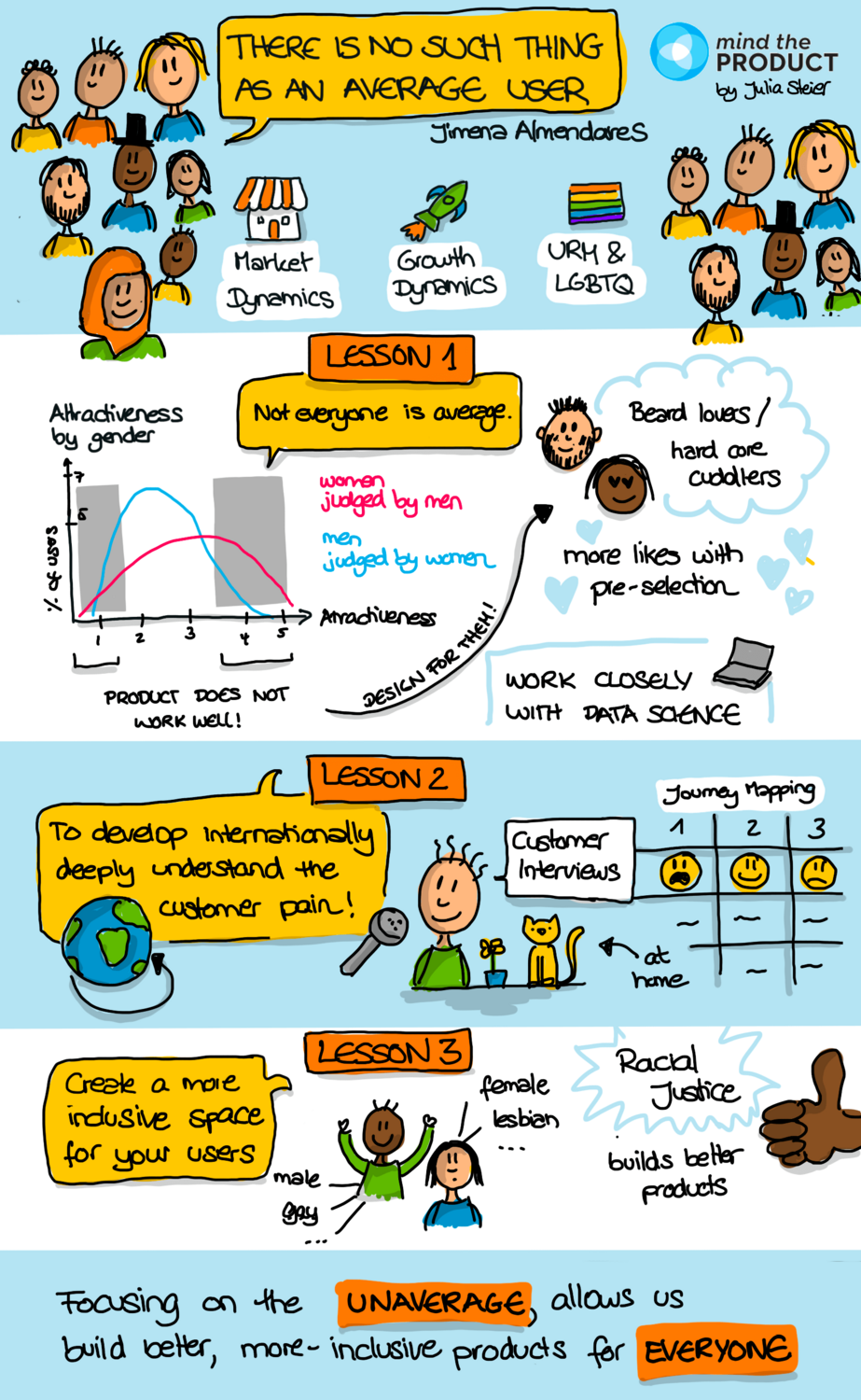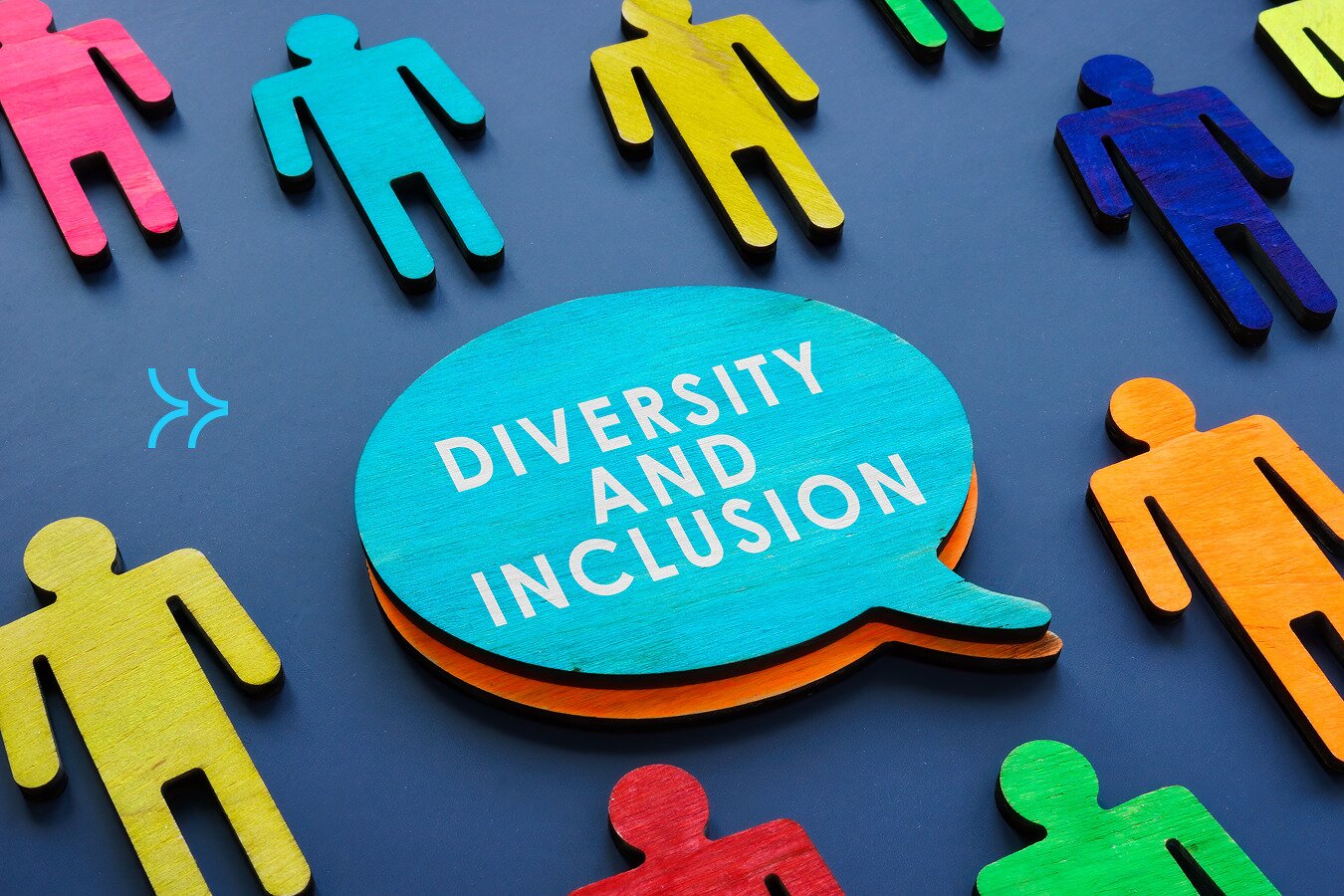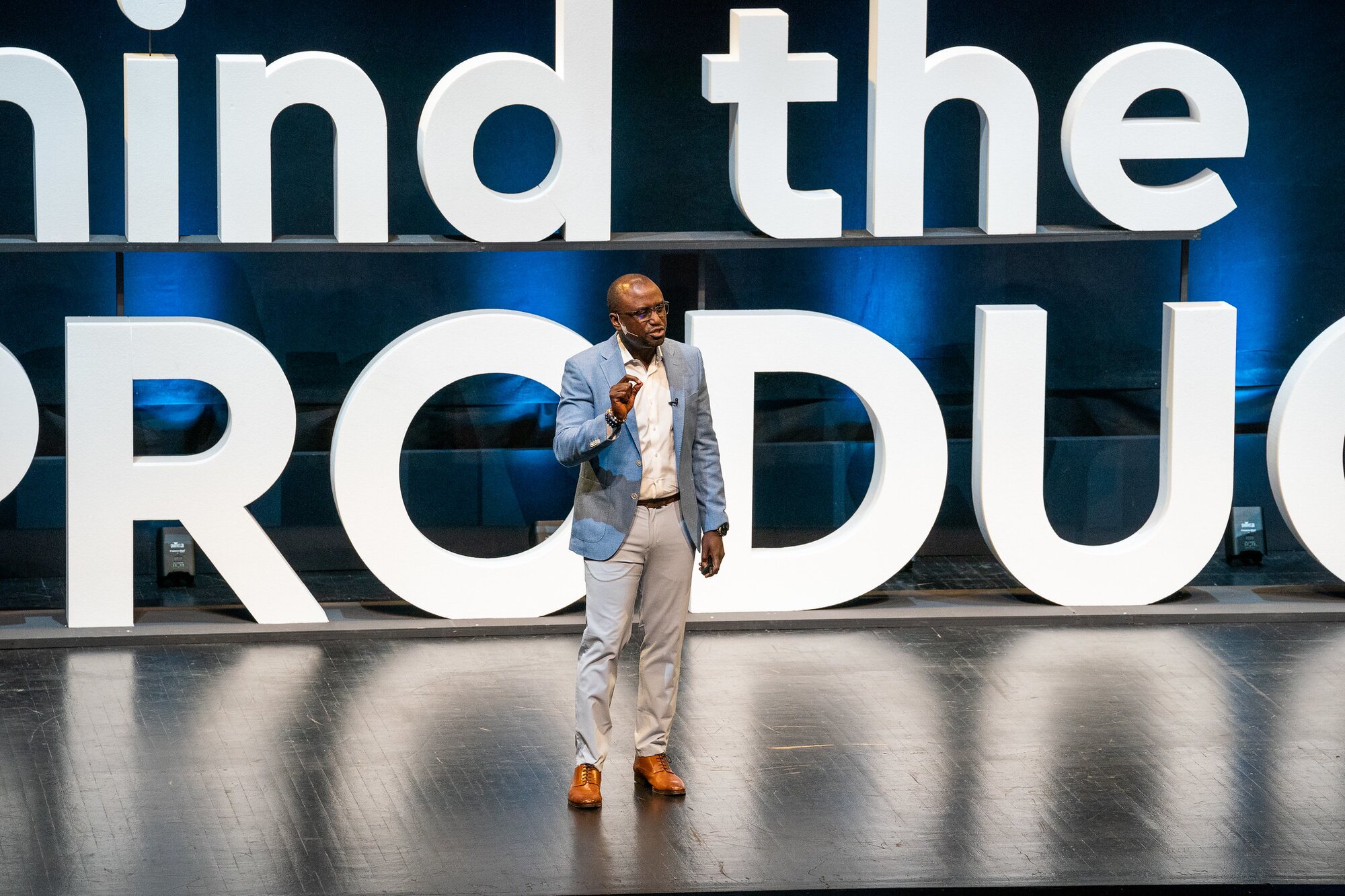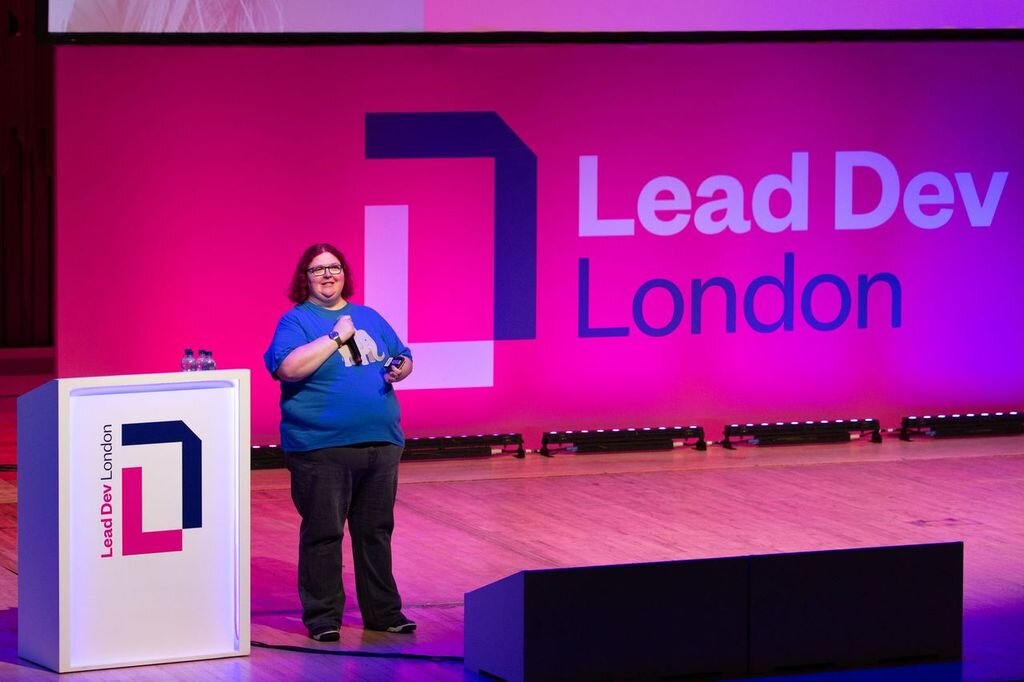In this #mtpcon Digital 2020 keynote, Jimena Almendares, Product Executive at Facebook, uses data to dismantle the idea of a “normal” user, showing the benefits of building products beyond biases and binaries.
Watch the video to see her talk in full. Or read on for an overview of her key points:
- There’s no such thing as a “normal” user
- Every country has unique product pain points
- Inclusive products are better for everyone
Avoid “Average”
“My lesson number one is that not everyone is average,” says Jimena. She describes how, during her time as Chief Product Officer at OkCupid, she was able to leverage vast amounts of user data and demonstrate how “normal” or “average” underserves audiences.
She describes how just 12% of messages sent by straight men to straight women would receive a response, with men deemed averagely attractive “not even getting views”. In contrast women would be “bombarded by constant messages” and send far fewer messages.
Jimena’s team created “Flavours” to solve this issue, bringing 20 groups of users together by interests and preferences. Jimena saw dramatic results from narrowing the spectrum of people into sets of 10 users to choose between, (things like “beard lovers” or “hardcore cuddlers”).
A key learning for users, Jimena says, is to understand that market dynamics might make you behave – or be seen by the product environment – as an average. “As product people we can’t rely on our averages,” Jimena says. We need to “sell for every single person in the ecosystem”.
Growth Dynamics
When she was Vice President of Global Expansion at QuickBooks, Jimena demonstrated the impact of building for all users, and successfully released the product in a new country within three months of her career there – something that hadn’t been achieved for the previous six years. “Countries and users in those countries can be very different when you're comparing one country to the other,” Jimena says.
After identifying Mexico as a potential market, Jimena focused her team’s efforts building user cases, mapping journeys of individuals and business owners, and documenting what were the tools that they were using, and the amount of pain”.
Jimena identified core requirements when rolling out in the new country. Her framework was as follows:
- Identify a major pain point
- Ensure the company can solve it well
- Define a durable competitive advantage
Create Inclusive Spaces
Jimena describes how creating inclusive space for users across her career has dramatically benefitted the companies and products she works with.
At OkCupid, Jimena and her team decided to support 22 genders and 13 sexual orientations, improving on the original two genders and three sexual orientations, which were a result of how the “product was coded […] basically it was a binary system”. The team looked to reduce complex conversations for their users, giving people the opportunity to find their own place in the product and potential partners.
In her current role as a Product Executive at Facebook, Jimena has worked on embodying racial justice with a framework that tackles injustices and “focuses on the actions that a society or product can take to solve them”. From a product perspective, “we're not only thinking about well what would be a good feature, but also co-creating with external experts in the black community so that we make sure that the problems that we're addressing are really meaningful..”
Jimena ends by appealing to product people to look outside of average, as “the weird, the different, the unique, allows those to be better and more inclusive products, not just for those sets of people, but actually for everyone.”
Discover more content on Diversity and Inclusion.







